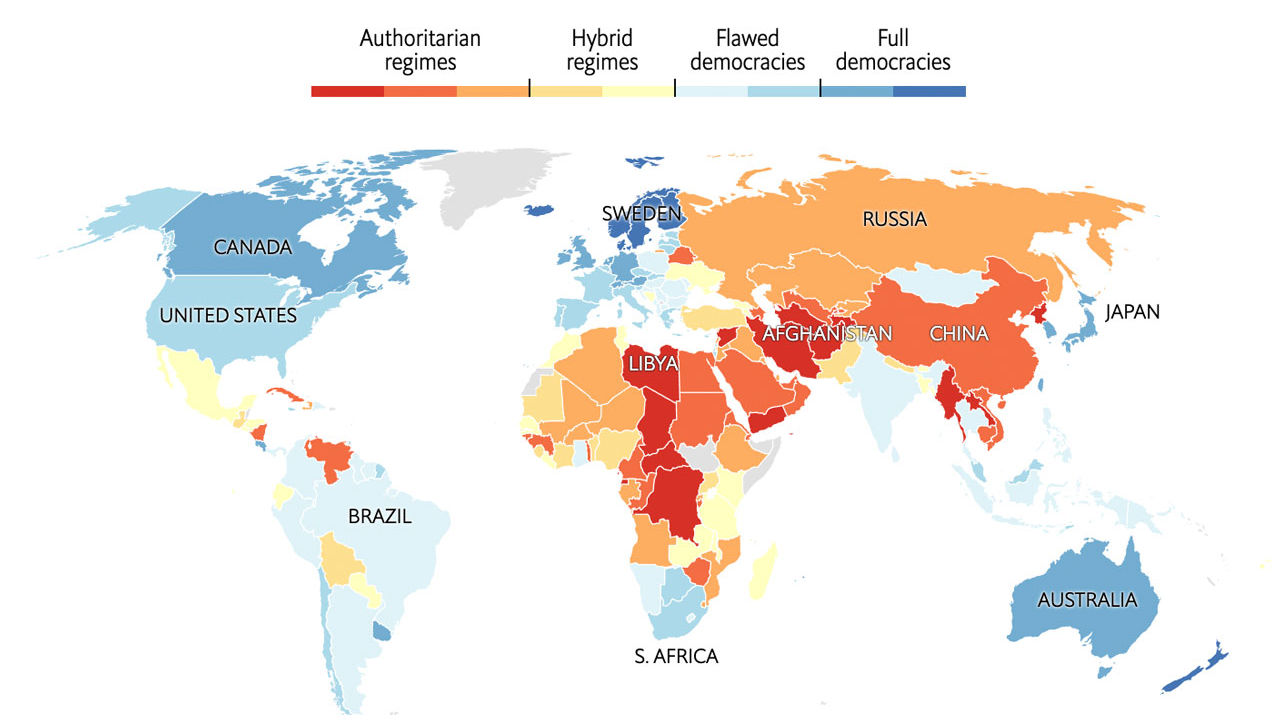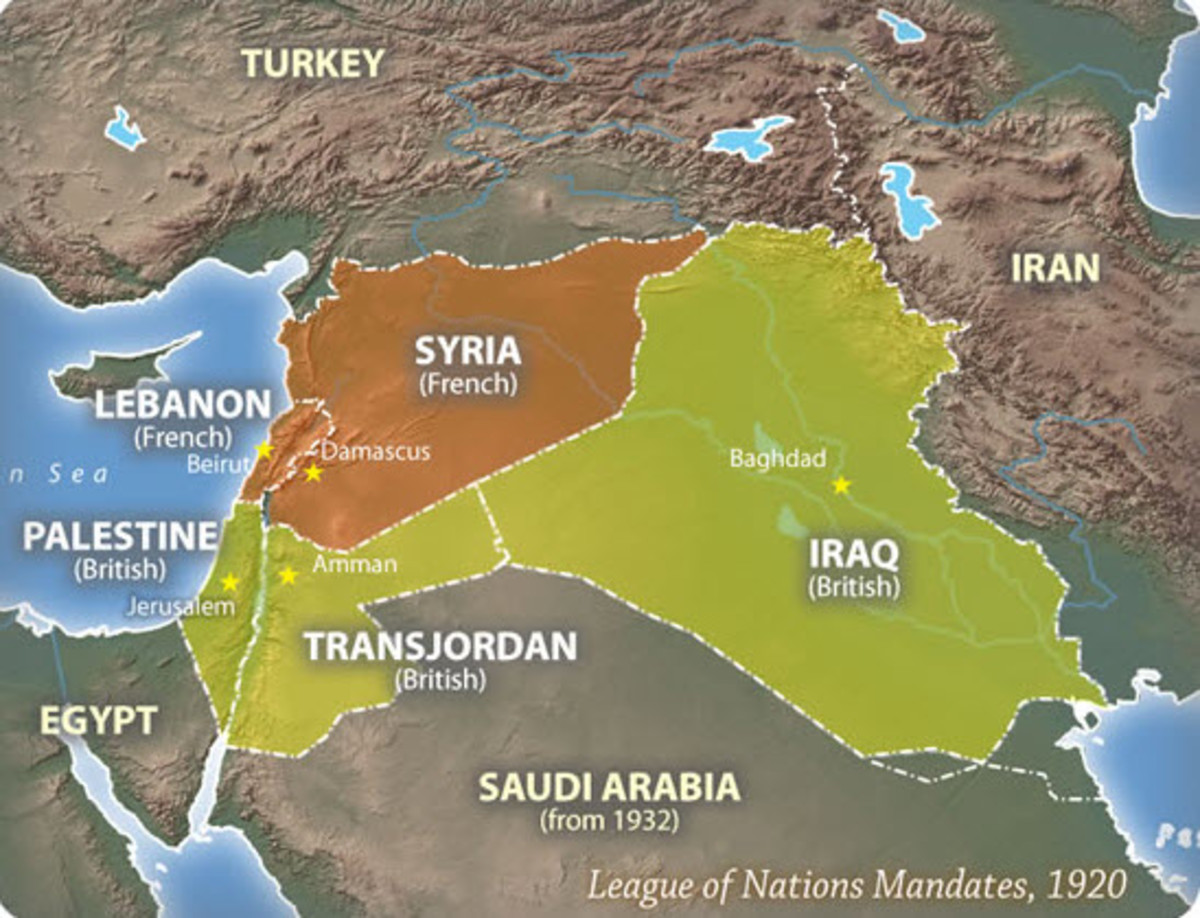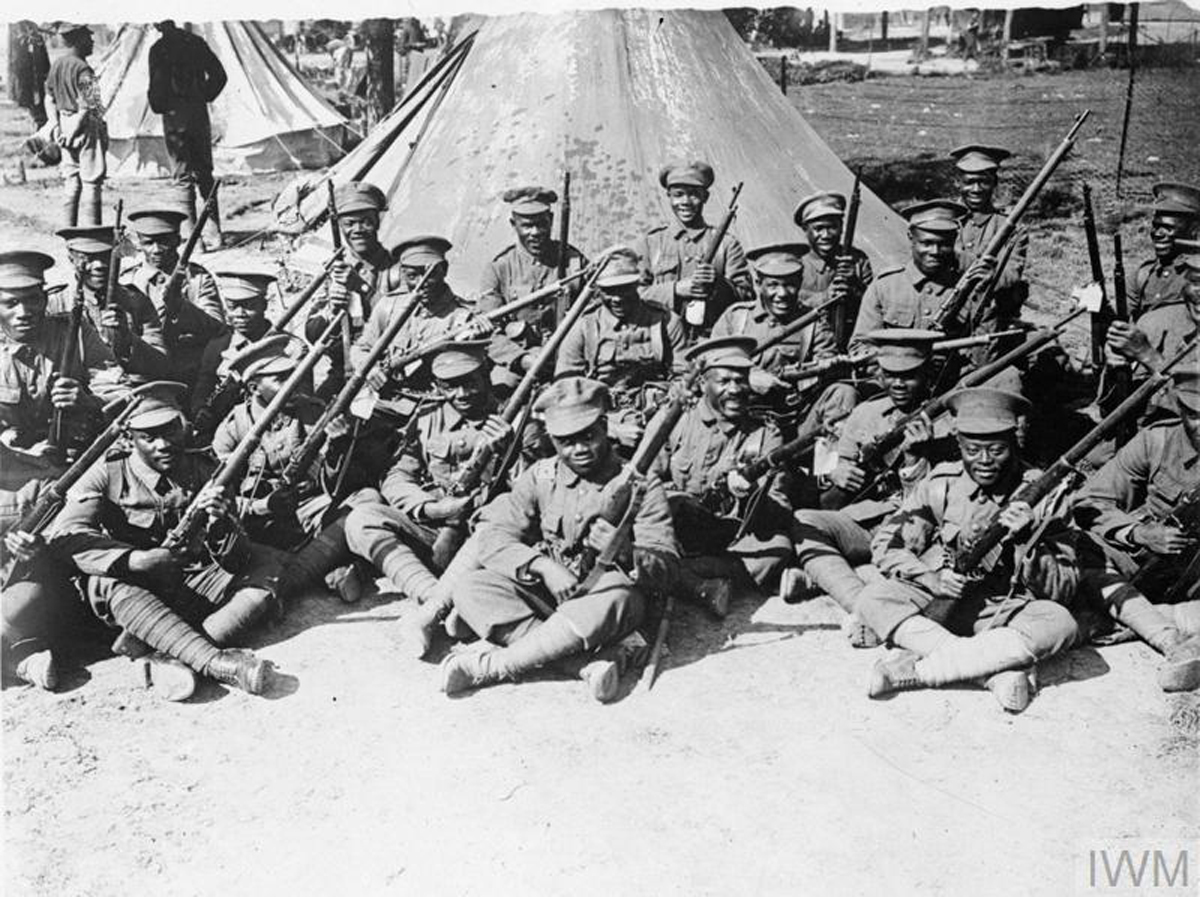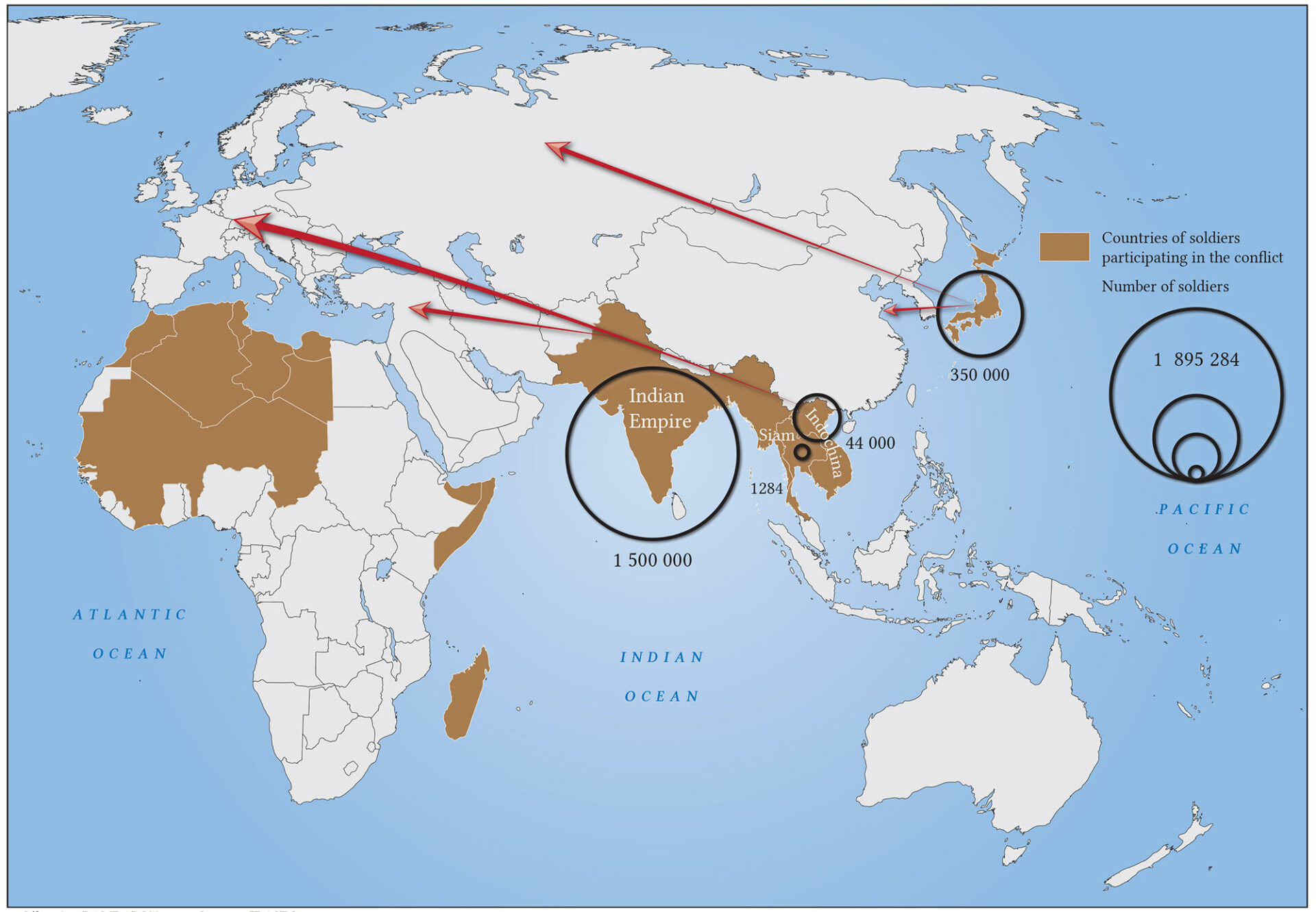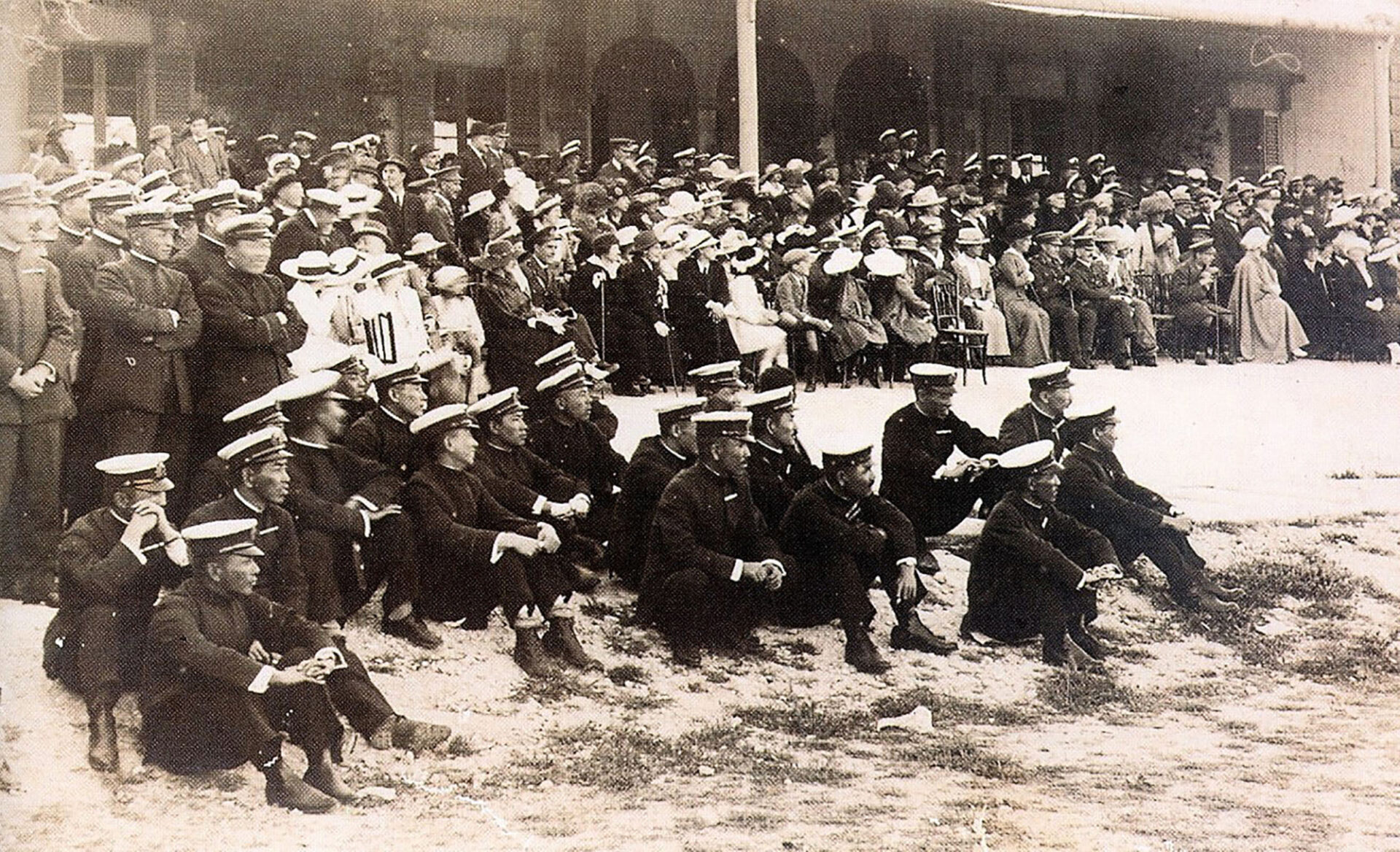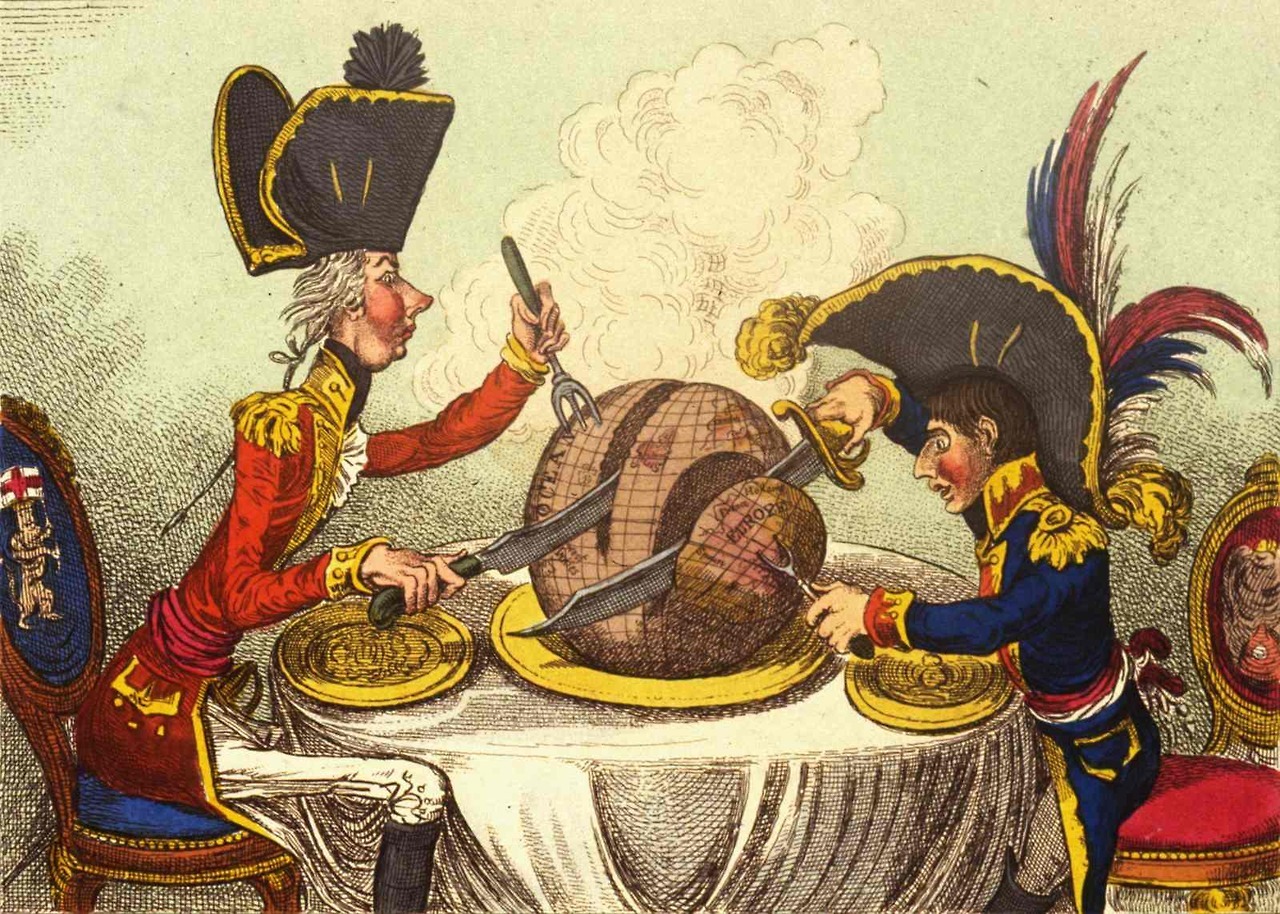Summary | The Democracies and the Non-Western World
Great Britain was the first nation to suffer from the ills of postindustrial development. In the postwar period Conservatives wanted to preserve private industry and advocated protective tariffs against foreign competition. Labour called for nationalization of key industries.
Political democratization continued in Britain with all men over age twenty-one receiving the vote. Women over age twenty-one finally gained equal voting rights in 1928. A slight economic recovery in the later 1920s was followed by the Great Depression.

